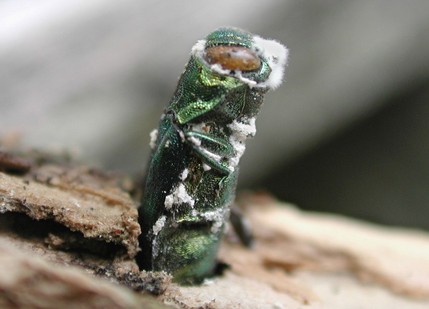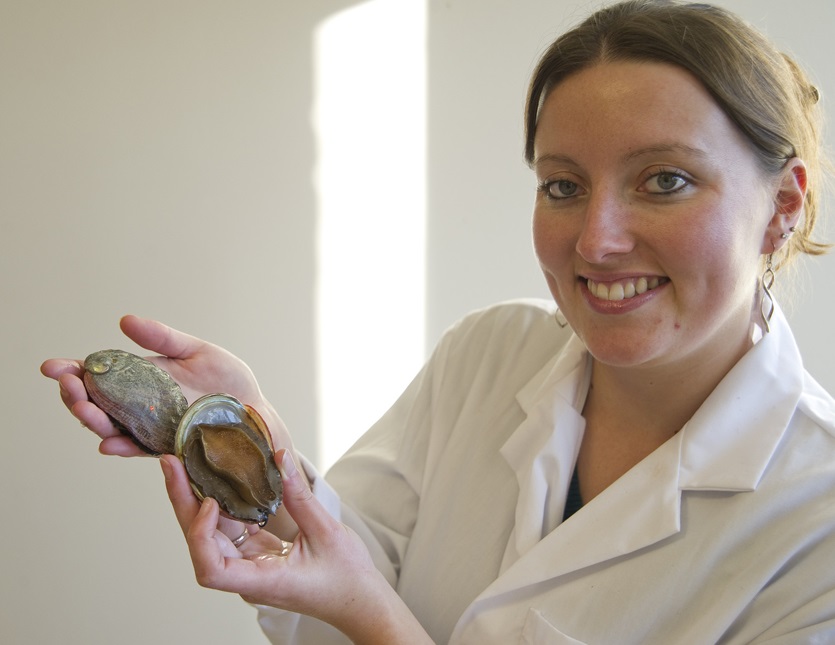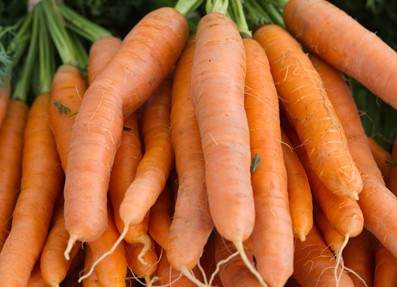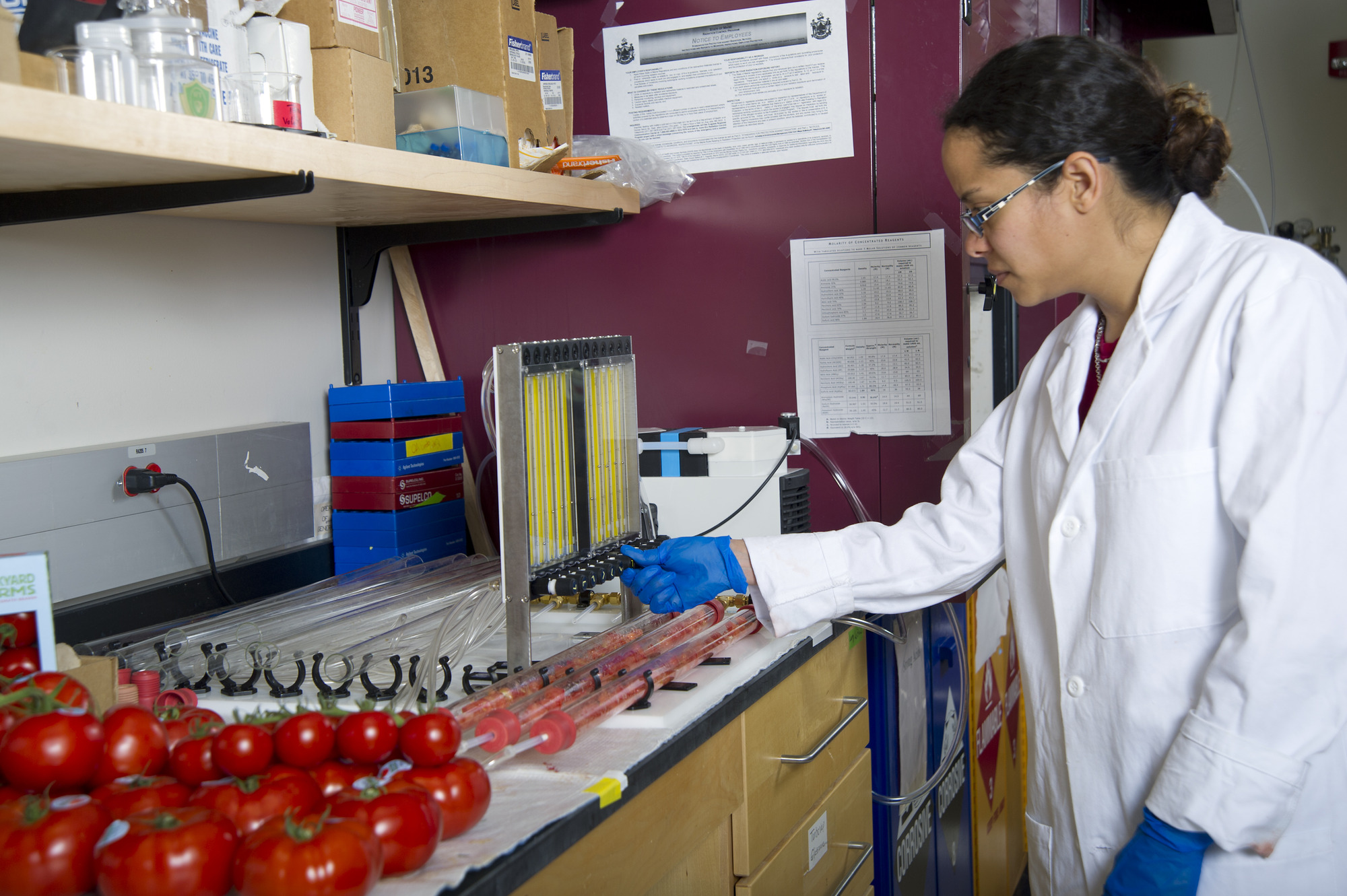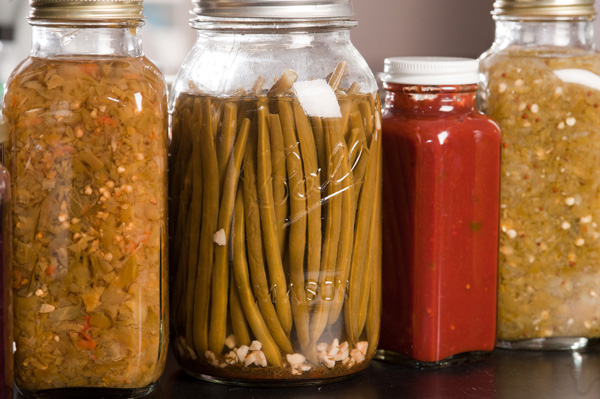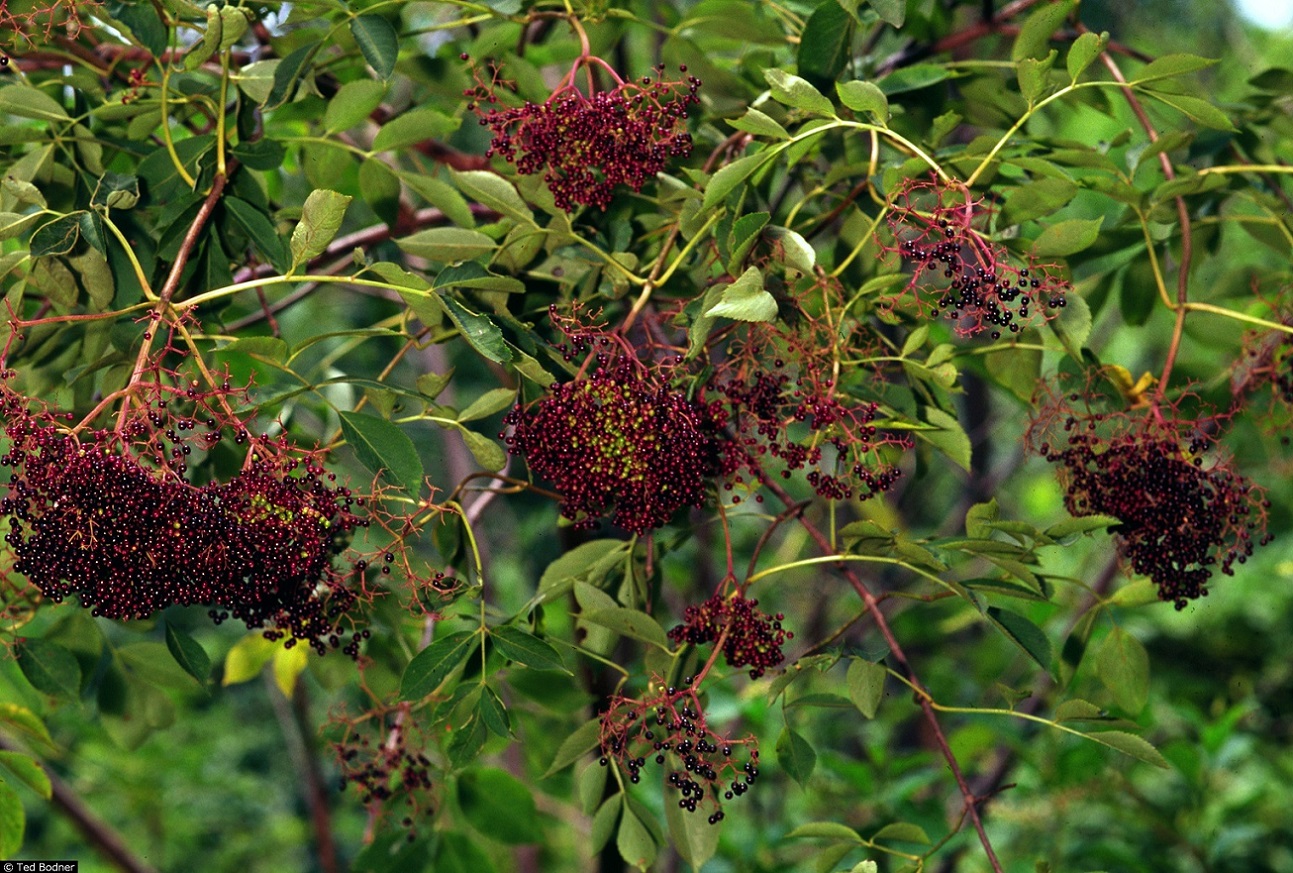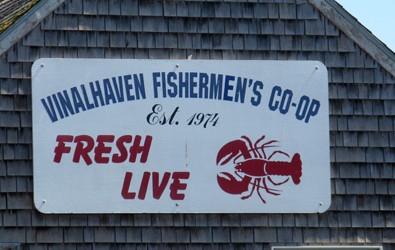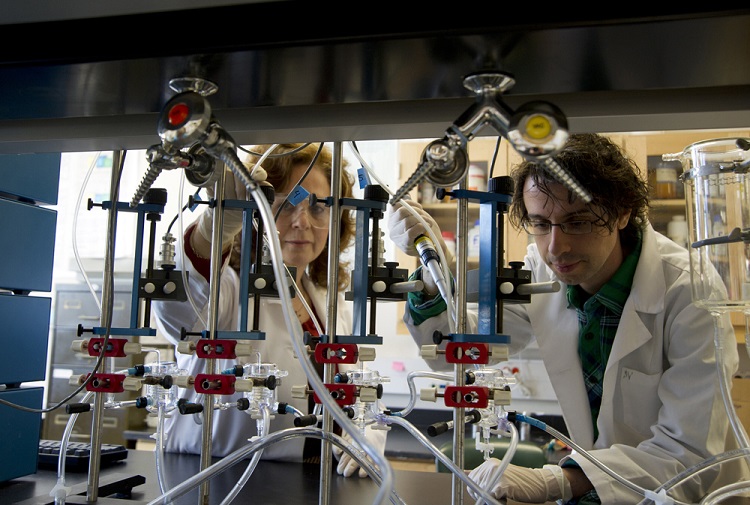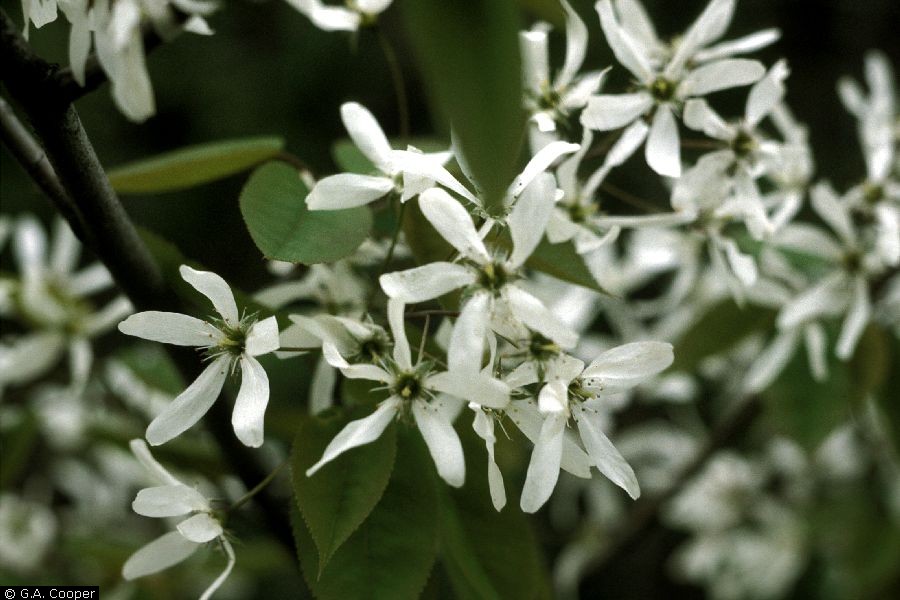The working group on improving microbial control of arthropod pests
Invasive plant and animal species have been responsible for considerable problems in both natural and managed landscapes, with resulting damage, losses, and efforts to manage them estimated to cost the U.S. economy over $120 billion per year. Management of invasive species, particularly invasive insects, requires immediate, innovative, cost-effective strategies that are compatible with maintenance of […]
Read more
